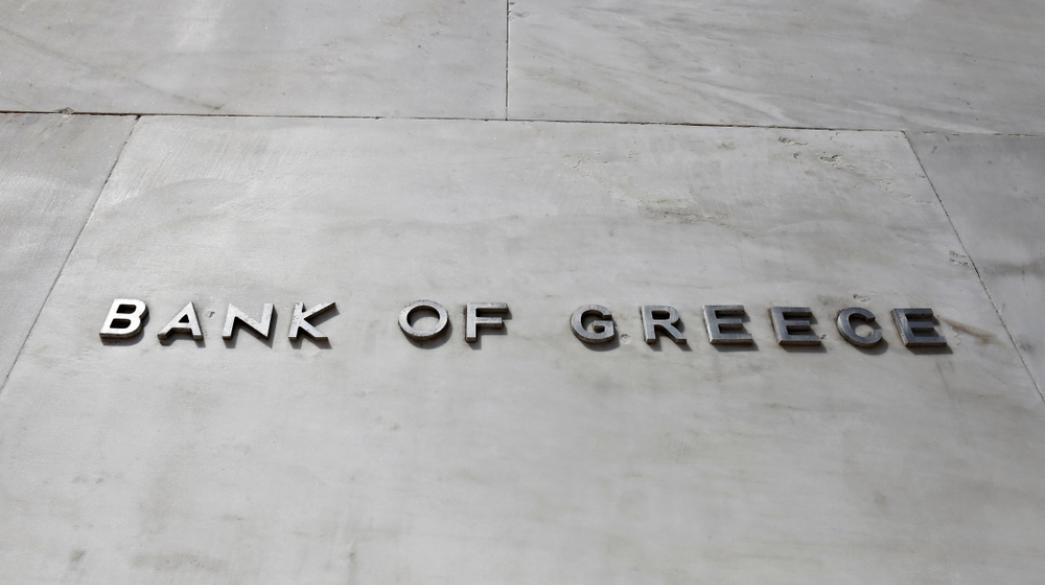Ties between the Bank of Greece (BoG), the country's central bank, and the Finance Ministry have hit a fresh low after recent comments from Deputy Finance Minister Giorgos Zavvos, who oversees Greece's financial system, that plans to create a bad bank could result in a haircut being imposed on deposits.
Communications between the two sides have not only collapsed on issues related to the banking sector but for months now there has been an underground conflict creating problems for the country's financial system. According to Business Daily sources, the Finance Ministry, via Zavvos, has ignored or blocked a significant number of proposals from the Bank of Greece, for the smooth operation of the banking system, on the grounds that the central bank's proposals are not compatible with EU law.
They are a series of proposals concerning the smooth operating of non-systemic banks, technical issues, transparency issues, etc. which have been worked on and proposed by the BoG officials and signed off by the central bank's experienced legal department before being submitted to the government.
According to sources at the central bank, the lack of cooperation with the Finance Ministry is worse than in 2015 when the relations of the then SYRIZA-ANEL government with the governor Yiannis Stournaras were again very bad.
Zavvos' speech in Parliament earlier this week have irked the central bank as the deputy minister said in parliament that the plan for a bad bank may result in a haircut of deposits, stressing that the reason why no other bad banks were created in Europe after 2015 is because of the BRRD directive that "provides in principle for the obligation of a haircut, in case state aid is provided to a bank".
Additionally, in his speech, Zavvos set the cost of a bad bank at 10 billion euros and wondered if the Greek taxpayer should bear this cost.
BoG sources point out that the creation of a bad bank to manage non-performing loans is a matter of intense discussion at the European and ECB level and is part of the alternatives being considered to address the effects of the pandemic, creating a window of opportunity for Greece to acquire an additional mechanism for dealing with bad loans.
In regards to Zavvos' reference concerning the 10-billion-euro cost, the sources point out that this has nothing to do with reality. They said that the speech had "unacceptable inaccuracies and untruths" that are unprecedented for a minister in charge of the banking system.
According to sources, BoG officials presented the plan for the creation of a bad bank in April to Prime Minister Kyriakos Mitsotakis, who asked that the central bank work with the deputy minister in order to examine the plan, but Zavvos avoids the slightest contact with the BoG.
Two weeks prior to this, another major dispute between the government and the Bank of Greece arose concerning the microfinance bill, as Zavvos refused to include in the bill the central bank's proposal to be responsible for checking on the suitability of shareholders of companies receiving microfinance, known as the fit and proper test.
The difference of opinion was publicly recorded in a parliamentary financial affairs committee with Zavvos taking the floor three times to oppose the Bank of Greece's Director of the Banking Supervision Department, Sissy Papagiannidou. The Bank of Greece requested that it be entrusted with checking the suitability of company shareholders, warning that if they are not properly audited, the law could allow for money laundering.
Zavvos stressed that this provision was unnecessary and that there is no risk of revenues being legalized from criminal activities. Ultimately, the fit and proper test was assigned to the BoG with an amendment later submitted by Finance Minister Christos Staikouras, to eliminates risks that the bill would allow room for money laundering operations.



